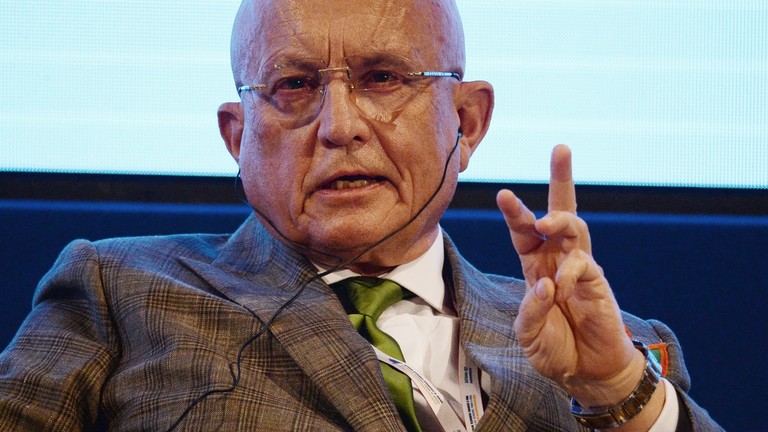THIS DAY
BY IJEOMA NWOGWUGWU
The Central Bank of Nigeria has come again. Pursuant to the Money Laundering (Prevention and Prohibition) Act and the central bank’s Customer Due Diligence Regulations of 2023, it mandated financial institutions in the country to collect and verify customers’ social media handles. For what, many wondered? Banks already have our BVNs, NINs, phone numbers, email addresses (where available), ID details, home addresses, and utility bills. Isn’t that sufficient customer information?
Personally, I would counsel that the CBN reverses its circular which infringes on my constitutional right to freely express myself through whatever channel I deem fit without fear of persecution or a political witch hunt. The circular, as far as I know, and law which gave CBN the temerity to issue the circular, are ultra vires and in conflict with the Constitution of the Federal Republic of Nigeria (as amended).
It will be recalled that the central bank has already shown a propensity to issue Post-no-Debit (PND) orders on customers’ bank accounts it perceives as opposition elements to the federal government. This was carried out in the aftermath of the EndSARs protest in 2020 when 20 young Nigerians, including some members of the Feminist Coalition who provided logistics support to the protesters, had their bank accounts frozen on the order of the CBN.
It was later discovered that the CBN was selective as to those it chose to harass, as some young protesters who were the children/wards of Nigerian big men, including a major shareholder of a commercial bank, were excluded from the punitive action. Three weeks after issuing the PND order on the 20 account holders, the central bank obtained an ex parte order from a Federal High Court freezing the said accounts for 90 days on the spurious allegation that they were suspected of terrorism financing.
Even after the protesters challenged the order, the judge of the court, Justice Ahmed Mohammed, kept adjourning the case until after the expiration of the 90 days. The court eventually unfroze the bank accounts in what the central bank termed, “in the spirit of reconciliation.” No compensatory damages were awarded to the affected persons for the wrongful acts of the CBN and financial institutions.
In any case, I await to see any financial institution that makes the disclosure of social media handles mandatory for opening or maintaining banks accounts. Many bank customers do not have email addresses. Likewise, banks do not make it mandatory for customers to disclose their email details before an account can be opened. The same should apply to social media handles, including those that have usernames different from their account names.
THIS ARTICLE FIRST APPEARED IN THIS DAY


